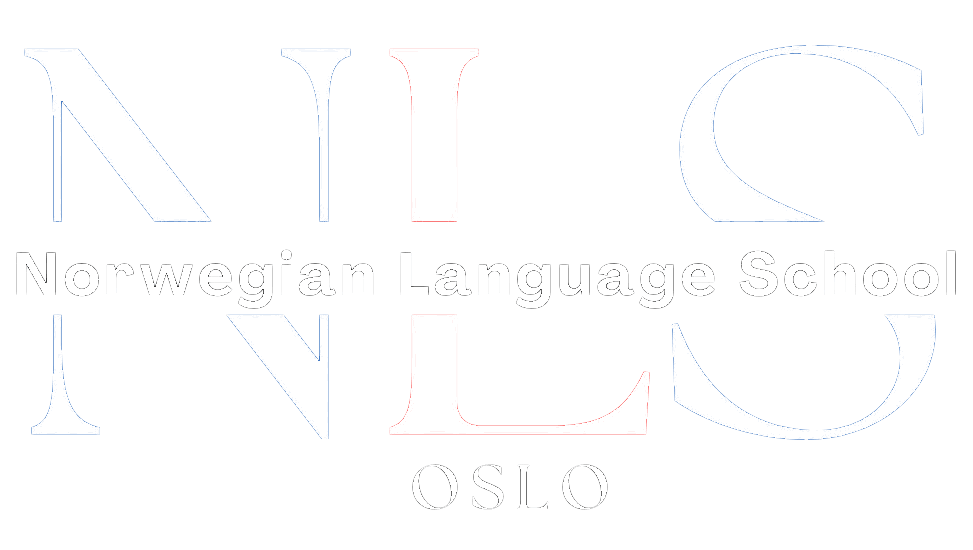

Educational German: Essential Words for Teachers
Learning a foreign language can be a valuable asset for anyone, but for teachers, it can be particularly beneficial. In today’s globalized world, where multiculturalism is becoming increasingly prevalent, being able to communicate in different languages is essential. German, in particular, is a language that holds great importance in the field of education. This blog post aims to provide teachers with essential German words and phrases that can enhance their teaching practice and improve communication with German-speaking students and parents.
Table of Contents
ToggleImportance of Learning German for Teachers
Learning German as a teacher can bring numerous benefits. Firstly, it allows teachers to connect with German-speaking students and parents on a deeper level. By speaking their language, teachers can establish stronger relationships and create a more inclusive classroom environment. Additionally, learning German can open up opportunities for professional growth. Germany is known for its high-quality education system, and being able to speak the language can make teachers more competitive in the job market.
Furthermore, learning German can enhance teaching practice by providing teachers with a broader perspective on education. Germany has a unique approach to education, and by understanding their methods and philosophies, teachers can incorporate new ideas into their own teaching strategies. Additionally, learning German can improve cognitive skills such as memory, problem-solving, and multitasking, which are all valuable skills for educators.
Basic Vocabulary for Classroom Management
To effectively manage a classroom, it is important for teachers to be able to communicate basic instructions and commands in German. Here are some common German words and phrases that can be used for classroom management:
– Bitte setzen Sie sich: Please sit down.
– Stehen Sie auf: Stand up.
– Ruhe bitte: Quiet please.
– Öffnen Sie Ihre Bücher: Open your books.
– Schließen Sie Ihre Bücher: Close your books.
– Wer ist dran?: Whose turn is it?
– Gehen Sie zur Tafel: Go to the board.
– Nehmen Sie einen Stift: Take a pen.
– Werfen Sie den Müll weg: Throw away the trash.
– Packen Sie Ihre Sachen zusammen: Pack up your things.
These phrases can be used in various situations, such as at the beginning of the class, during transitions, or when giving instructions for an activity. By using these basic German phrases, teachers can effectively manage their classrooms and ensure smooth communication with their students.
Essential German Words for Teaching Grammar
Teaching grammar is an essential part of language instruction, and being able to explain grammar concepts in German can be highly beneficial. Here are some German words and phrases that can be used for teaching grammar:
– Das Substantiv: The noun.
– Das Verb: The verb.
– Das Adjektiv: The adjective.
– Das Pronomen: The pronoun.
– Die Konjugation: The conjugation.
– Die Deklination: The declension.
– Der Satz: The sentence.
– Das Subjekt: The subject.
– Das Objekt: The object.
– Die Präposition: The preposition.
These words and phrases can be used when introducing new grammar concepts, explaining rules, or discussing examples. By incorporating German into grammar lessons, teachers can provide a more immersive learning experience for their students and reinforce their understanding of the language.
German Vocabulary for Teaching Math and Science
Math and science are subjects that require precise language and terminology. Here are some German words and phrases that can be used for teaching math and science:
– Die Addition: Addition.
– Die Subtraktion: Subtraction.
– Die Multiplikation: Multiplication.
– Die Division: Division.
– Der Bruch: Fraction.
– Der Zähler: Numerator.
– Der Nenner: Denominator.
– Die Gleichung: Equation.
– Der Radius: Radius.
– Der Durchmesser: Diameter.
These words and phrases can be used when explaining math and science concepts, solving problems, or conducting experiments. By using German terminology, teachers can help students develop a deeper understanding of these subjects and improve their overall academic performance.
German Words for Teaching Literature and Arts
Teaching literature and arts in German can be a great way to expose students to the language and culture. Here are some German words and phrases that can be used for teaching literature and arts:
– Das Gedicht: Poem.
– Der Roman: Novel.
– Das Theaterstück: Play.
– Der Maler: Painter.
– Die Skulptur: Sculpture.
– Die Musik: Music.
– Der Tanz: Dance.
– Die Schauspielerei: Acting.
– Die Handlung: Plot.
– Die Interpretation: Interpretation.
These words and phrases can be used when discussing literary works, analyzing artwork, or exploring different art forms. By incorporating German into literature and arts lessons, teachers can foster a deeper appreciation for the language and culture among their students.
Effective Communication with German-Speaking Students and Parents
Being able to communicate effectively with German-speaking students and parents is crucial for building strong relationships and ensuring successful collaboration. Here are some tips for effective communication:
1. Learn basic greetings and pleasantries in German, such as “Guten Morgen” (Good morning) or “Wie geht es Ihnen?” (How are you?).
2. Use simple and clear language when communicating in German, especially if your proficiency level is still developing.
3. Be patient and understanding when communicating with non-native speakers of German. They may need more time to process information or express themselves.
4. Use visual aids, gestures, or other non-verbal communication strategies to support your verbal communication.
5. Seek opportunities to practice German outside of the classroom, such as attending language exchange events or participating in online language forums.
By following these tips, teachers can establish effective communication with German-speaking students and parents, creating a more inclusive and supportive learning environment.
Tips for Improving German Language Skills as a Teacher
Improving German language skills as a teacher requires dedication and consistent practice. Here are some strategies that can help:
1. Take formal language courses or enroll in language programs specifically designed for educators.
2. Practice speaking German with native speakers or language exchange partners.
3. Incorporate German into your daily routine by listening to German podcasts, watching German movies or TV shows, or reading German books.
4. Set specific language goals and track your progress to stay motivated.
5. Join online communities or forums where you can interact with other German learners and receive feedback on your language skills.
By implementing these strategies, teachers can continuously improve their German language skills and become more confident in using the language in their teaching practice.
Resources for Learning Educational German
There are numerous online resources, books, and courses available for teachers who want to learn educational German. Here are some recommendations:
Online resources:
– Duolingo: A popular language learning app that offers German courses.
– Babbel: An online platform that provides interactive German lessons.
– Goethe-Institut: A renowned institution that offers online courses and resources for learning German.
Books:
– “German for Teachers” by Andrea Hoffman
– “Teaching German: A Practical Guide” by Edith Kreutner
Courses:
– Goethe-Institut: Offers intensive language courses specifically designed for teachers.
– Local universities or community colleges may offer German language courses for educators.
By utilizing these resources, teachers can access high-quality educational materials and receive professional guidance in their journey to learn educational German.
The Benefits of Incorporating German into Teaching Practice
In conclusion, learning German as a teacher can bring numerous benefits. It allows teachers to connect with German-speaking students and parents on a deeper level, opens up opportunities for professional growth, and enhances teaching practice by providing a broader perspective on education. By incorporating German into their teaching practice, teachers can create a more inclusive and immersive learning environment for their students.
The essential German words and phrases provided in this blog post can be used for classroom management, teaching grammar, math and science, literature and arts, as well as effective communication with German-speaking students and parents. By continuously improving their German language skills through dedicated practice and utilizing available resources, teachers can enhance their teaching practice and become more confident in their ability to communicate in German.
So, why wait? Start learning German today and unlock the countless benefits it can bring to your teaching career.
FAQs
What is Educational German?
Educational German refers to the German language used in educational settings, particularly in classrooms. It includes essential words and phrases that teachers can use to communicate with their students effectively.
Why is it important for teachers to learn Educational German?
Learning Educational German can help teachers communicate more effectively with their German-speaking students. It can also help teachers understand the cultural nuances of their students and create a more inclusive classroom environment.
What are some essential words for teachers to know in Educational German?
Some essential words for teachers to know in Educational German include “Klassenzimmer” (classroom), “Schüler” (student), “Lehrer” (teacher), “Tafel” (blackboard), “Hausaufgaben” (homework), and “Prüfung” (exam).
Can non-native German speakers learn Educational German?
Yes, non-native German speakers can learn Educational German. There are many resources available, such as textbooks, online courses, and language exchange programs, that can help non-native speakers improve their German language skills.
Is Educational German only used in Germany?
No, Educational German is used in German-speaking countries such as Germany, Austria, and Switzerland. However, it can also be useful for teachers who have German-speaking students in other countries.
If you want to learn German, you can register for classes here. We look forward to hearing from you and helping you become fluent in German!
If you want to learn Norwegian, you can register for classes here. We look forward to hearing from you and helping you become fluent in Norwegian.






